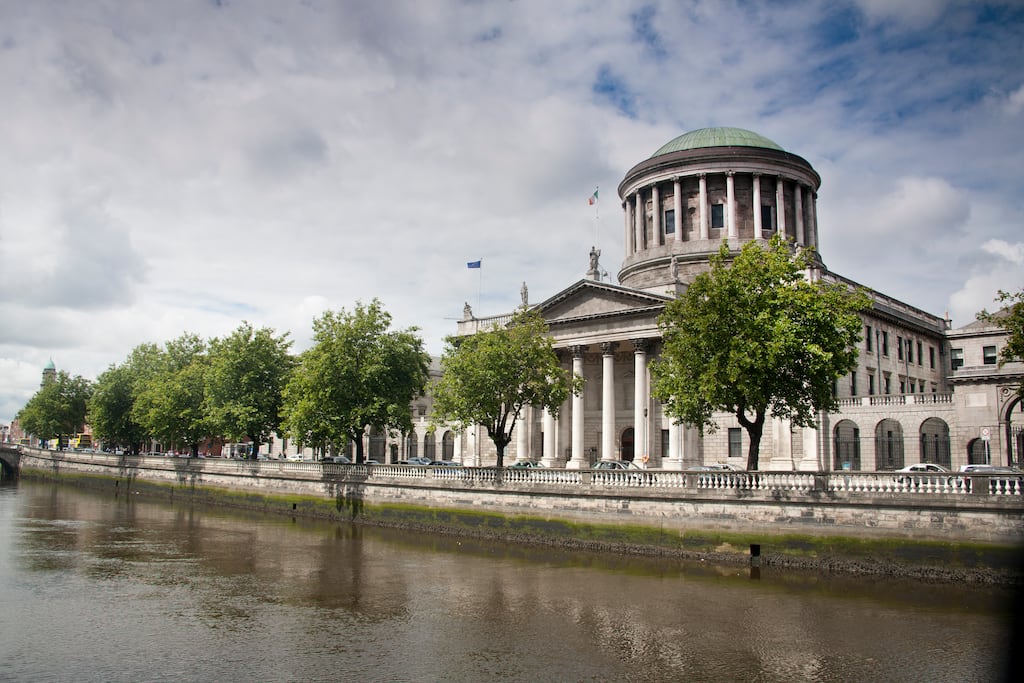A Dublin-based aviation analytics company excluded the designer of a software programme for airlines from a joint venture firm set up to develop his project, it has been claimed in High Court proceedings.
Based in Colorado in the United States, software designer Neal Cyr says his shareholding in the joint venture, PasRM, is now worthless as a result of the actions of Planitas software company.
He claims Planitas has acted in disregard of his interests and he now seeks an order that it buy his PasRM shareholding at a price fixed by the court.
The claims are strongly denied. Planitas says it has been providing data analytics platforms and solutions for airlines that have been developed and provided over a 20-year period. Its main product is the ABIS biometric system.
READ MORE
Mr Cyr says he designed a programme in 2016 to provide airlines with a means to process data to improve revenue and prices for flight routes. He says it means directors of airline companies can readily ascertain which routes are profitable and where there is room for improvement.
He needed funding and approached Planitas and one of its directors, Luke Mooney, who is a chartered accountant and former chairman of CityJet.
He claims Mr Mooney agreed to set up a joint venture company to develop the project, with Mr Cyr having a 25 per cent shareholding and Planitas holding the remainder. Mr Mooney disputes there was any such shareholders agreement.
Mr Cyr says there was no question of Planitas taking over PasRM’s business or otherwise appropriating its assets or customers or that they would be treated as a single entity.
He went about sourcing customers for the programme and two airlines came on board.
Mr Cyr says he did not query certain arrangements made with one of the two airlines because he had “full trust and confidence” in Planitas, in Mr Mooney and others in the company as well as their solicitor.
When he looked at Companies Registration Office filings in October 2019, however, he says he was shocked to discover that it had been reported that PasRM had recorded no income for that year even though Mr Cyr knew the two airlines he sourced had paid substantial amounts for the service they received.
Mr Mooney, he says, told him all income and expenditure of PasRM was logged to Planitas because there was a need to have the Planitas reputation to stand behind until PasRM could stand alone. It was also done to avoid an expensive audit until PasRM was strong enough.
Mr Cyr believed this was not in line with the original agreement and “had the effect of reducing the value of the company to nought”.
He brought shareholder oppression proceedings claiming, among other things, Planitas controlled every aspect of the company and this control has always been exercised in the best interests of Planitas rather than PasRM. He claimed there was a breach of intellectual property rights in the software involved.
He further claimed his shareholding had become worthless while any diminution in the value of Planitas’ shareholding in the company was offset by the increased value of Planitas resulting from its appropriation of PasRM assets.
The proceedings are against Planitas, Mr Mooney, fellow Planitas shareholder Philip Connell and Planitas secretary Brendan Delaney, who Mr Cyr says was nominated to hold the PasRM shareholding on Planitas’s behalf.
In an affidavit denying the claims on behalf of all the respondents, Mr Mooney says that while Mr Cyr “was diligent and motivated”, business development proved very challenging and the software has only secured two customers. The company’s revenues were “insufficient to sustain the business”, he said.
The Planitas side brought an application to the court seeking that Mr Cyr would be required to provide security for legal costs should his case fail. Mr Cyr opposed the application.
In a judgment delivered on Thursday, Mr Justice Mark Sanfey said it was not likely Mr Cyr will have the financial resources to satisfy fully or at all any order for costs against him and he no longer lives in Ireland.
The judge, however, believed that, in all the circumstances, the greater injustice would be to make an order preventing him from proceeding with his case. He dismissed the respondents’ application.












